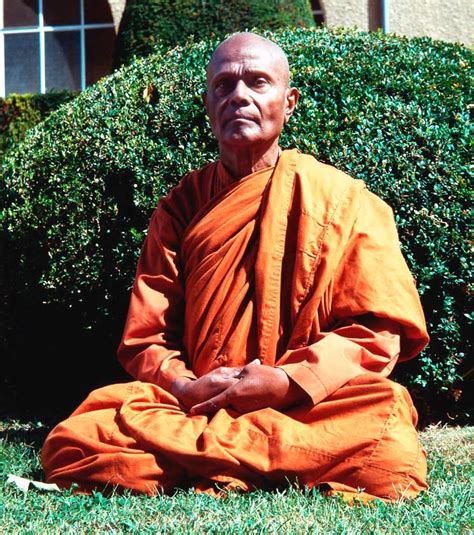A Quote by Judy Fiskin
I was trying to match my mental image of the world, rather than the world itself, and mental images of objects aren't full of detail. If you think house, you're going to get something very general... Dropping detail made the photographs more general, like mental images.
Related Quotes
The animal kingdom exhibits a series of mental developments which may be regarded as antecedents to the mental development of man, for the mental life of animals shows itself to be throughout, in its elements and in the general laws governing the combination of the elements, the same as the mental life of man.
To say that a thing is imaginary is not to dispose of it in the realm of mind, for the imagination, or the image making faculty, is a very important part of our mental functioning. An image formed by the imagination is a reality from the point of view of psychology; it is quite true that it has no physical existence, but are we going to limit reality to that which is material? We shall be far out of our reckoning if we do, for mental images are potent things, and although they do not actually exist on the physical plane, they influence it far more than most people suspect.
Philiosophers like Hume and Descartes and Hobbes saw things similarly. They thought that mental images and ideas were actually the same thing. There are those today that dispute that, and lots of debates about how the mind works, but for me it's simple: Mental images, for most of us, are central in inventive and creative thinking.
As a general habit and general tendency, I prefer not to bog a piece down with a great number of transitory, contemporary references, because in the end, I'm concerned, not in an abstract way, but an actual way, with creating a world which has a universality to it - even though what goes on is made up of texture and detail, contemporary detail.
It is my mind, with its store of images, that gives the world color and sound; and that supremely real and rational certainty which I can "experience" is, in its most simple form, an exceedingly complicated structure of mental images. Thus there is, in a certain sense, nothing that is directly experienced except the mind itself. Everything is mediated through the mind, translated, filtered, allegorized, twisted, even falsified by it. We are . . . enveloped in a cloud of changing and endlessly shifting images.
The very term ['mental disease'] is nonsensical, a semantic mistake. The two words cannot go together except metaphorically; you can no more have a mental 'disease' than you can have a purple idea or a wise space". Similarly, there can no more be a "mental illness" than there can be a "moral illness." The words "mental" and "illness" do not go together logically. Mental "illness" does not exist, and neither does mental "health." These terms indicate only approval or disapproval of some aspect of a person's mentality (thinking, emotions, or behavior).
It is my mind, with its store of images, that gives the world colour and sound; and that supremely real and rational certainty which I call "experience" is, in its most simple form, an exceedingly complicated structure of mental images. Thus there is, in a certain sense, nothing that is directly experienced except the mind itself. Everything is mediated through the mind.
If a psychological Maxwell devises a general theory of mind, he may make it possible for a psychological Einstein to follow with a theory that the mental and the physical are really the same. But this could happen only at the end of a process which began with the recognition that the mental is something completely different from the physical world as we have come to know it through a certain highly successful form of detached objective understanding. Only if the uniqueness of the mental is recognized will concepts and theories be devised especially for the purpose of understanding it.
New insights fail to get put into practice because they conflict with deeply held internal images of how the world works...images that limit us to familiar ways of thinking and acting. That is why the discipline of managing mental models - surfacing, testing, and improving our internal pictures of how the world works - promises to be a major breakthrough for learning organizations.







































